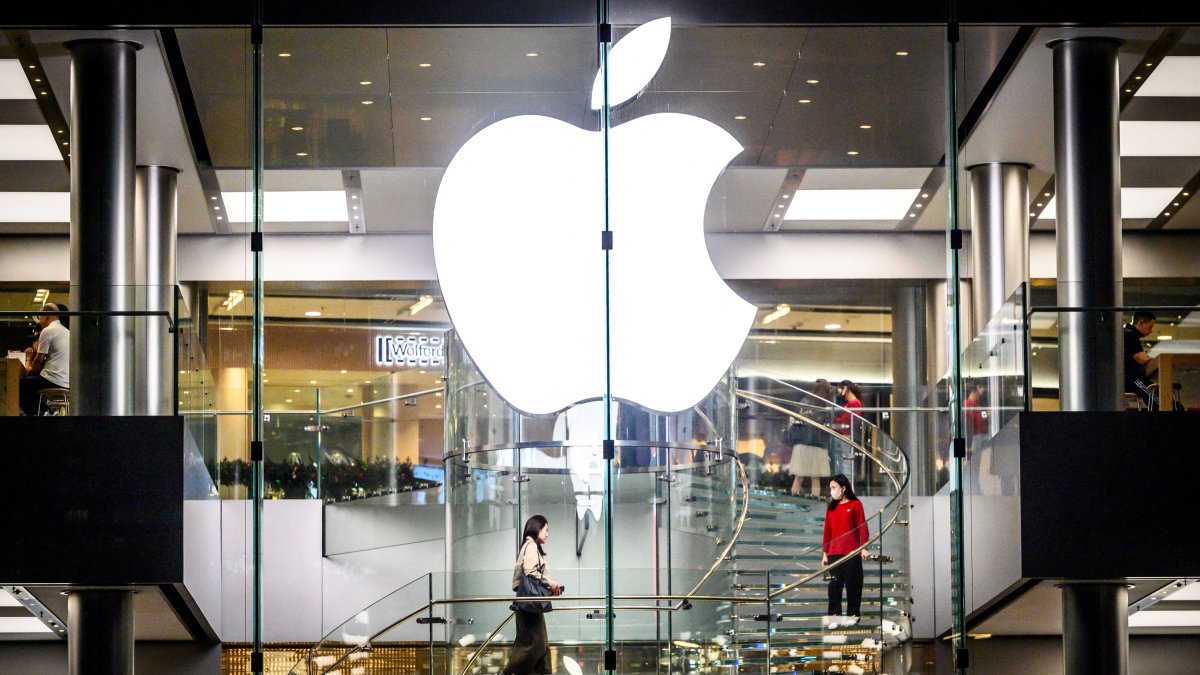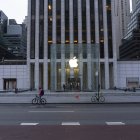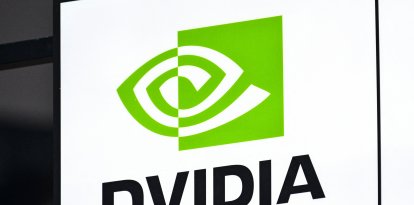Apple challenges the European Commission's order on the compatibility of its products in court
Brussels is seeking to make the Californian tech company's operating systems and devices compatible with those of its competitors.

Tim Cook highlighted the profits of the company he has led since 2011/ Mladen Antonov.
The technology company Apple has filed a legal challenge against an order from the European Commission, the bloc's executive branch, that would force it to make its iOS operating system fully compatible with products and services from rival companies.
The measure is part of the enforcement of the Digital Markets Act (DMA), which seeks to limit the dominance of big technology platforms.
The commission accuses Apple of acting as a "gatekeeper" by imposing technical and commercial restrictions on third-party manufacturers. Specifically, Brussels is demanding that the iPhone ecosystem be more open, so smartwatches, headsets or third-party apps can interact unhindered with iOS system functions such as notifications, bluetooth, payments or messaging.
The tech giant has rejected that imposition as "unreasonable and disproportionate." In its appeal, it argues that these requirements threaten the privacy and security of users and pose a substantial technical risk. In addition, the company believes that unjustified pressure is being applied against its business model.
If Apple fails to comply with the DMA rules, it could face penalties of up to 10% of its annual global turnover, or even 20% in the event of a repeat offence. This would amount to a potential fine of more than $30 billion, based on its 2024 revenues.
Pending resolution of the litigation, the commission is demanding that the measures begin to be implemented. Apple has mobilized a team of more than 500 engineers to explore technical solutions, although it insists that interoperability should not be sacrificed at the expense of user experience.
The conflict is one more example of friction between Brussels and Big Tech companies. Google, Meta and Amazon are also under scrutiny. But Apple's case, for its closed model and its reluctance to cede control of the iPhone, could become the most emblematic of this new regulatory era in Europe.

























